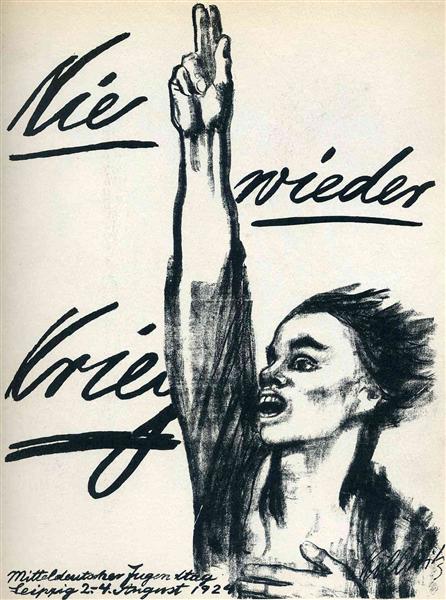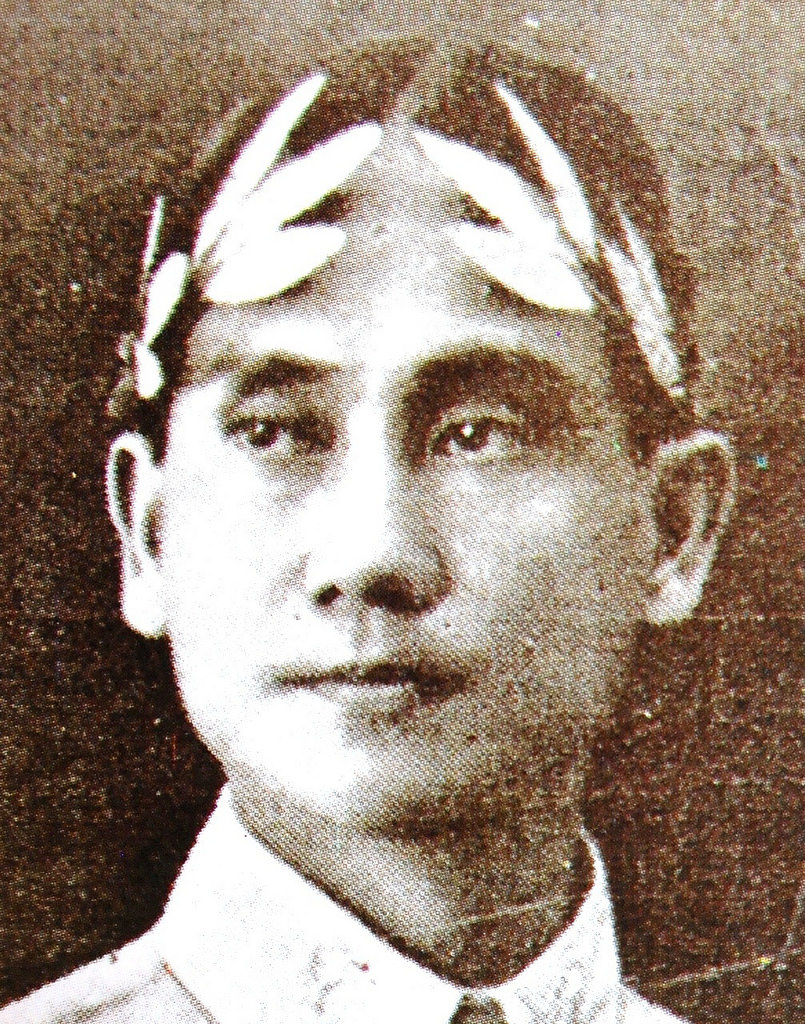What Is the
use of a commemoration of the birth anniversary of the HARI NG BALAGTASAN, and a national hero in music?
Huseng
Batute or Jose Corazon de Jesus or JCJ (born November 22, 1894; died on 26 May 1932) is not as well known as composers as
lyricists are hardly recognized by the public.
But he wrote the words for Bayan Ko, our nationalistic song which
we sang at rallies, demonstrations and school events. The lyrics likened the
country to a beautiful woman coveted by foreigners, captured and then immersed in
poverty.
He also
likened the country to a bird desirous of freedom to fly
“Pugad ng
luha ko’t dalita”
Here Huseng Batute shows that he is not afraid to show his
emotions – his crying over the loss of freedom.
Given such
sincere and deep feelings over the country’s fate, is it enough that
interpreters of his poems just mouthe the words? How about their costumes,
should they not show respect and reverence?
Millenials
have an abhorrence for the past, and so they are ready to bastardize everything
they see.
This dance
group that interpreted JCJ’s poem about freedom, came out in all white, and for
the women, short shorts. Do you think JCJ would have approved of that?
Of course
not. The looks of the Filipino women at that time were completely different
from the looks of women today who do not care what they wear – as they could
reveal their “alak-alakan” even in the busy streets and inside churches.
No, that is
not the way women should interpret JCJ’ s poem.
Conscious
interpretation of history should have a basis of integrity. It should honor the
views of the person being revered in the event.
Folks I am
talking of the celebration of the birth
anniversary of JCJ at the CCP.
Worse yet,
the announcer at the beginning of the program, gave a very long intro to the
group praising them and saying how they had received accolades in the past.
That
background has no place in an anniversary. Also the length of the introduction
is unfair to JCJ who was the star of the show.
As a
newspaper person, JCJ had an upclose view of politics all over the world. He
was a columnist of Taliba And so, he
was deeply in the know about the local
and international developments which could have shaped his political views,
given expression in his poems.
His poems
and the lyrics of the songs, Pakiusap and
Madaling Araw, speak of hurts, love
of country hidden as a love for a woman.
It is truly
painful living in a country with foreigners governing – white, Caucasian, and
armed. For the men, emasculation is very apparent here because, right in our
own soil, these foreigners were revered as if they were Gods. Even the women
were enamoured by fair-complexioned guys as their colonial mentality even in
love affairs have been shaped by the cultural milieu at that time (which could
be carried over until today).
JCJ was also a prime mover in the propagation of the balagtasan.
The first balagtasan took place on April 6, 1924 at the Instituto de Mujeres in Tondo, Manila. The event was held at the Instituto de Mujeres (Women’s Institute) as part of the celebration of Francisco Balagtas' birth anniversary. The two protagonists of the poetic debate were poets José Corazón de Jesús and Florentino Collantes. Balagtasan was derived from duplo. The verbal joust became popular among both the masses, intellectuals and the debutantes. This led to the adaptation of similar literary forms such as the bukanegan by the Ilocanos named after the father of Iloko literature, Pedro Bukaneg. Balagtasan saw a significant decline after the death of de Jesus in 1932 (wikipedia)
Now the CCP program had a balagtasan where the clashing participants wore tee
shirts with labels of the foreign country abhorred by JCJ. Didn’t the director
see the incongruity here?
Then the
word “conio” was mentioned several times. The meaning of “conio” in Spanish is
this:
Coño is a common Spanish idiom (which is
somewhat vulgar), primarily used in Spain and the Spanish Caribbean. Its actual meaning differs according to use, but in Spain and several
Latin American countries it is also used in its literal sense as slang for the
female genitalia, the vulva. (https://en.wiktionary.org/wiki/coño)
Would JCJ
have approved such terms and the use of tee shirts in his birth event?
Of course
not. And so the event turned out to be a half-baked honoring of Jose Corazon de
Jesus.
A word of
caution to the new officers of the CCP: a certain faction rules the CCP behind
the scenes, controls the funds and their releases.
We should
look at a broader view of culture as coming from different parties. No one has
the sole authority on nationalism in the arts. In fact, Maoism is the prevalent
view among the groups presenting themselves as nationalists, a transplantation
of another foreign ideology on Philippine soil.
Cultural
activities allow us to shape our identity as Filipino people. At this stage of
our life, we should allow everyone to express their own definitions of what it
is to be a Filipino.
BTW Mr.
Arsenio J. Lizaso, President of the CCP, was disrespected, as his middle initial was
not mentioned at all during the introduction although he had emphasized that it
be mentioned. And so Mr. Lizaso had to explain himself that letter J, as de
Jesus as he belonged to the family of JCJ.
If the
President of the CCP could be disrespected how much more the institution
itself? And Jose Corazon de Jesus himself?
Folks, let us stop putting so much importance on people without recognizing their ethical viewpoints. Otherwise our historical consciousness will be bastardized all the time.
















